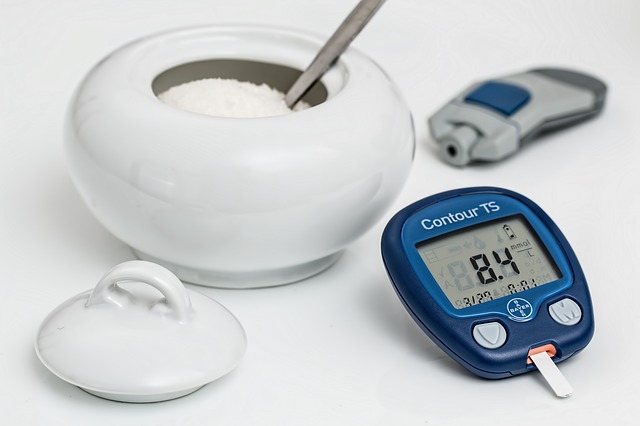PREVENTION: RESEARCHERS reviewed data from the Framingham Heart Study to determine the latest trends in Alzheimer’s dementia. What did they discover? Learn more.
What percent of patients with Alzheimer’s Disease (AD) currently have severe dementia? Do more people have mild disease? Or are the majority suffering with moderate dementia? A study using data from the Framingham Heart Study (FHS) sheds light on these trends.
Boston University School of Medicine researchers found that slightly more than half (50.4 percent) of cases [of Alzheimer’s dementia] are mild, just under one-third (30.3 percent) of cases are moderate and 19.3 percent are severe cases.
Early intervention has been the focus
Among all participants with mild cognitive impairment (MCI) and AD, the pooled percentage was 45.2 percent for the combined group of mild AD dementia and MCI that later progressed to AD.
“Early intervention in MCI or the mild stage of AD dementia has been the primary focus for AD research and drug development in recent years. We found that approximately 45 percent of all those who are cognitively impaired or diagnosed with AD-dementia had early AD.
Our results serve to inform the design of future research studies such as clinical and observational studies and provide optimal resource allocation for policy-making,” explained corresponding author Rhoda Au, PhD, professor of anatomy and neurobiology at Boston University School of Medicine.
Review method
To characterize the distribution of severity of AD dementia and MCI among prevalent cases in the population, FHS participants (aged 50-94) with prevalent MCI or AD dementia clinical syndrome were selected from three time-windows: 2004-2005, 2006-2007 and 2008-2009.
Estimates of the severity distribution were achieved by pooling results across time-windows. Diagnosis and severity were assessed by consensus dementia review.
MCI-progressive was determined if the participant had documented progression to AD dementia clinical syndrome using longitudinal data.
Some quality of life remains for most
According to the researchers the finding that half of the people living with AD have mild disease underscores the need for research and interventions to slow decline or prevent progression of this burdensome disease.
“It is crucial to determine risk factors or develop therapies that could alter the disease trajectory to improve individuals’ quality of life and alleviate the socio-economic burden,” adds Au.
The researchers believe that most people who have AD are still at a stage when there is still some preserved quality of life. “This means any drug treatment that is effective might help prevent their AD from getting worst.”
SOURCE:
REFERENCE:
- Jing Yuan, Nancy Maserejian, Yulin Liu, Sherral Devine, Cai Gillis, Joseph Massaro, Rhoda Au. Severity Distribution of Alzheimer’s Disease Dementia and Mild Cognitive Impairment in the Framingham Heart Study. Journal of Alzheimer’s Disease, 2020; 1 DOI: 10.3233/JAD-200786











